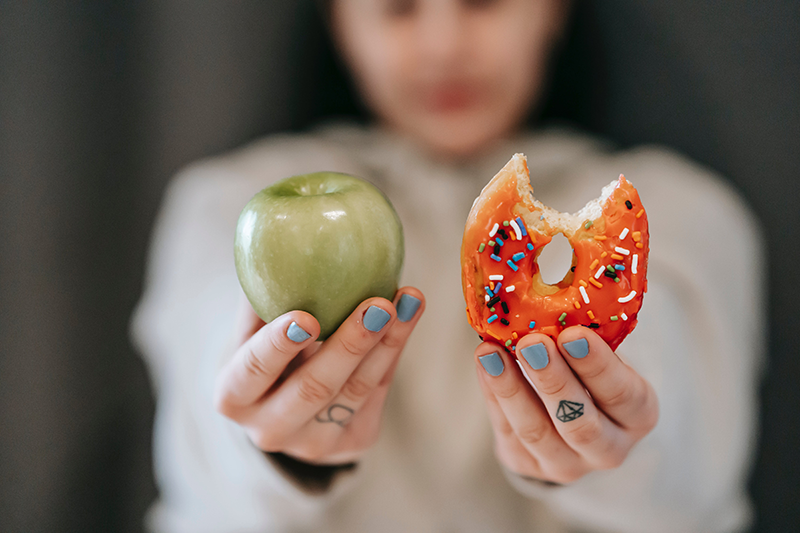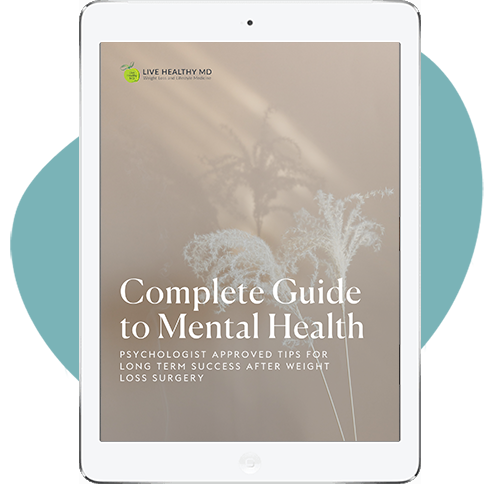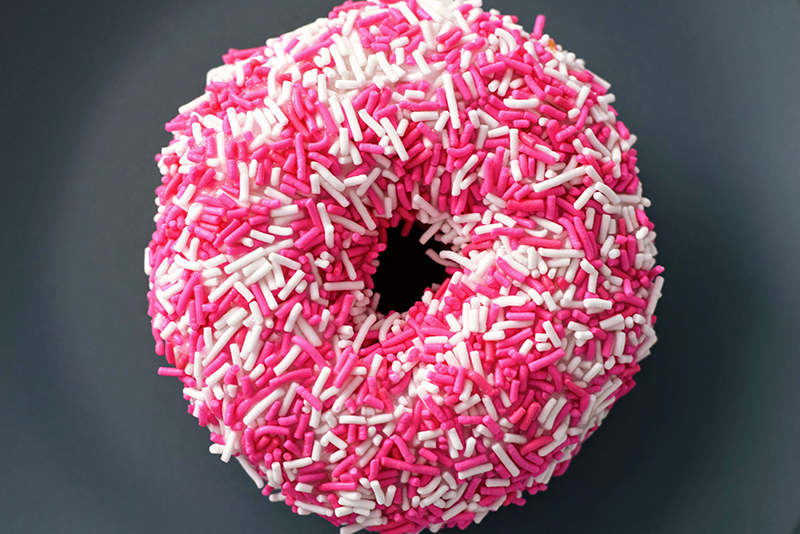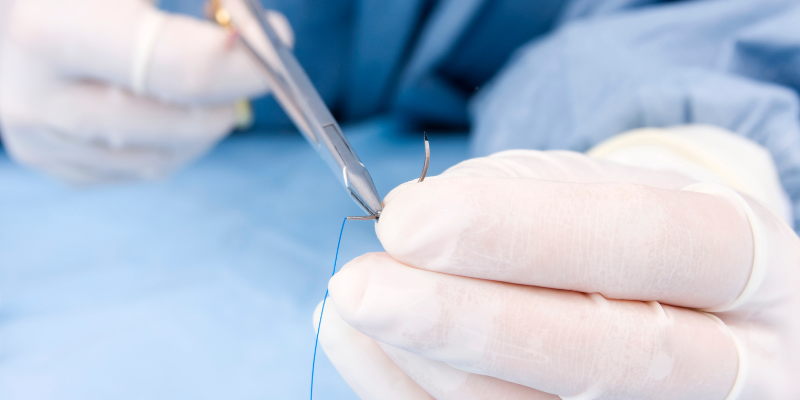
Experiencing food cravings post-bariatric surgery is quite common. However, these cravings can pose a challenge for those committed to maintaining a nutritious diet. It's comforting to know that these cravings are often linked to chemical imbalances in the body, and understanding this can greatly assist in controlling them.
Decoding the Science of Cravings
Extensive research has revealed that certain foods, particularly those high in sugar and heavily processed, activate the hippocampus - the brain's center for memory and learning. These foods hold the highest potential for addiction.
The hippocampus, when stimulated by these foods, triggers the release of dopamine, a hormone associated with the brain's reward mechanism. This leads to a rise in dopamine levels whenever unhealthy cravings are indulged, reinforcing the neural pathways that encourage further eating. Interestingly, not only does the consumption of these foods trigger dopamine release, but even the anticipation of eating can spark cravings. Studies also indicate that sugary and high-fat foods can increase levels of ghrelin, a hormone that heightens hunger and cravings.
Managing Food Cravings Post-Bariatric Surgery
1. Pinpoint Your Weaknesses
Recognizing the foods that you find hardest to resist is key. By not purchasing these items, you can avoid temptation, helping you stay true to your health objectives.
2. Understand Your Triggers
Similar to food addiction, it's crucial to identify what initiates your cravings. Is it a visual cue on television, social media, or in a store? Knowing your triggers can help you avoid situations where you're tempted to indulge.
3. Maintain Regular Meals
Eating balanced meals at regular intervals can reduce the urge to snack, thereby helping you control cravings. Planning your meals can be an effective strategy to stay on track.
4. Emotional Awareness
Emotions like sadness, loneliness, or boredom can often lead us to crave comfort foods. Recognizing these emotional states and finding ways to manage them without resorting to eating is important.
5. Hydrate
Hunger and thirst signals are similar, and sometimes what we perceive as hunger is actually dehydration. Drinking water when a craving hits might satisfy what you thought was hunger.
6. Prioritize Sleep
Adequate sleep is vital for overall well-being and decision-making. Lack of sleep can lead to poor dietary choices and increased sugar cravings, as the body seeks quick energy sources. This can lead to a cycle of sugar highs and crashes, further disrupting sleep.
7. Address Mineral Deficiencies
Cravings can also stem from physical causes, such as vitamin and mineral deficiencies. Understanding your constant cravings can provide insights into what your body may be lacking. For instance, cravings for chocolate might indicate a magnesium deficiency, while sugar cravings could suggest deficiencies in elements like chromium or phosphorus.
8. Manage Stress
High stress and cortisol levels can lead to unhealthy eating habits. Cortisol, known as the stress hormone, increases cravings for sugary, salty, and fatty foods. Managing stress is crucial not just for mental health, but also for maintaining a healthy diet post-surgery.
In conclusion, understanding and managing food cravings post-bariatric surgery is a multifaceted process that involves recognizing triggers, maintaining a balanced diet, addressing emotional and physical needs, and prioritizing overall well-being. With these strategies, individuals can better navigate the path to healthier living post-surgery.












